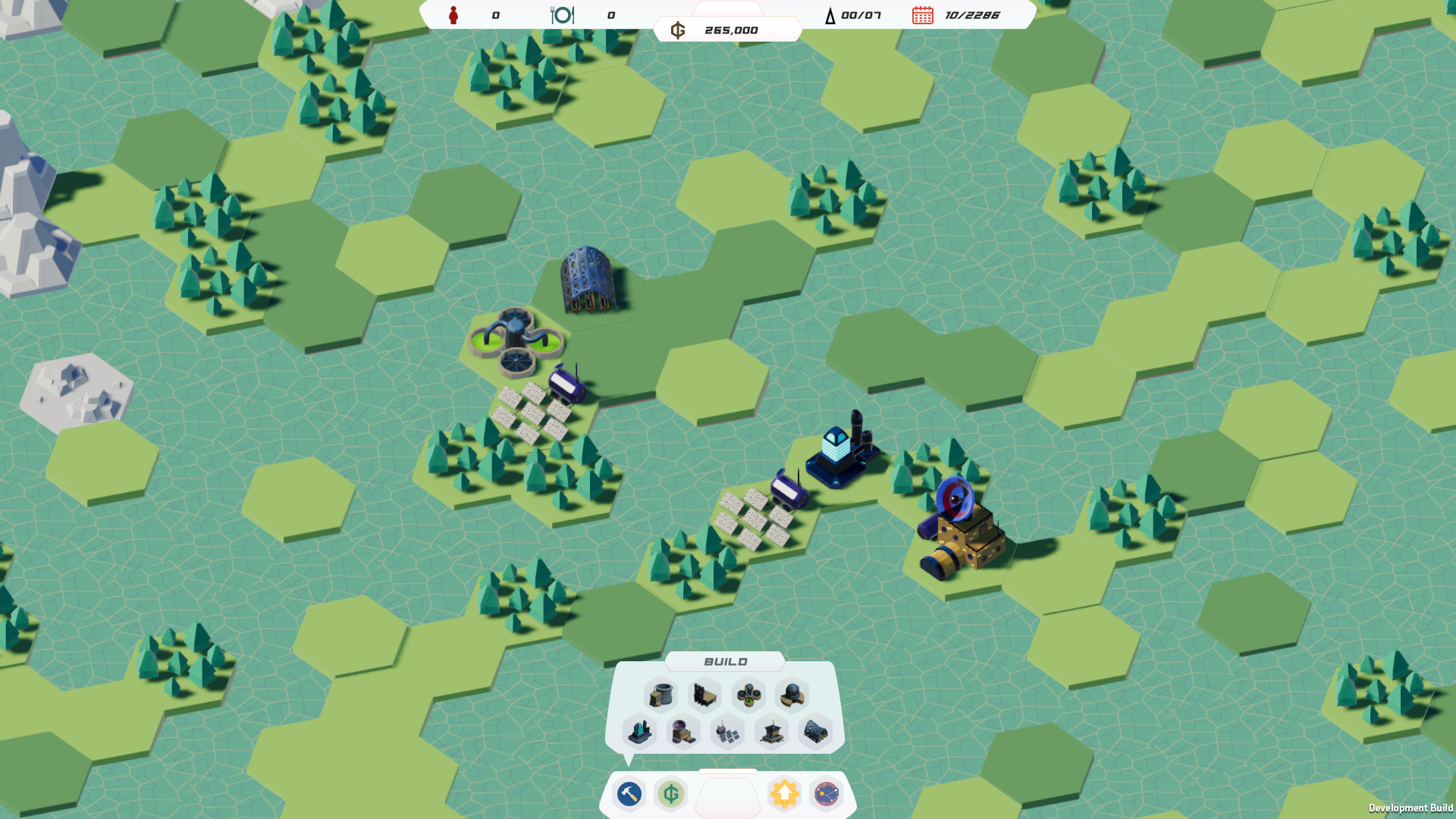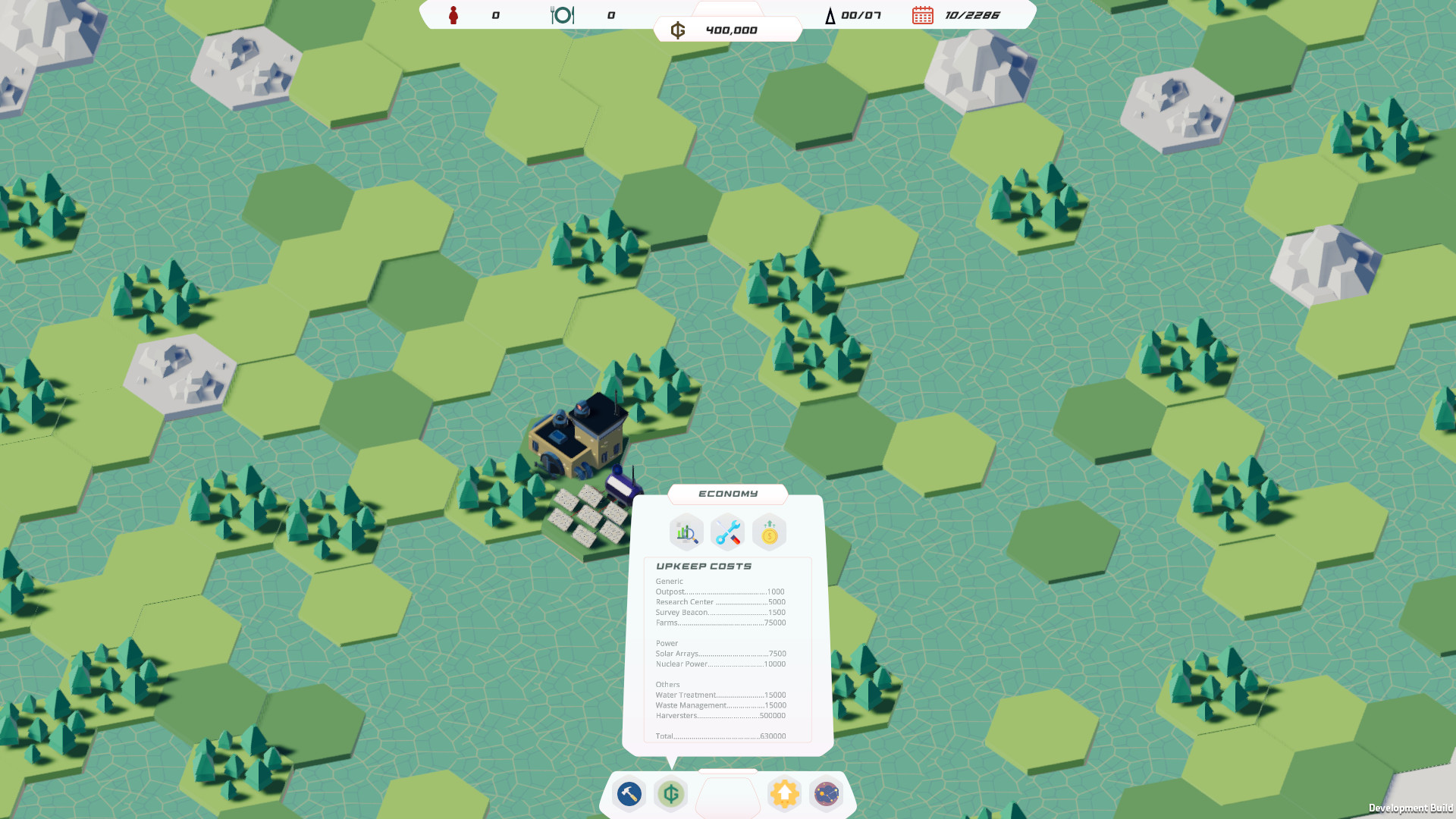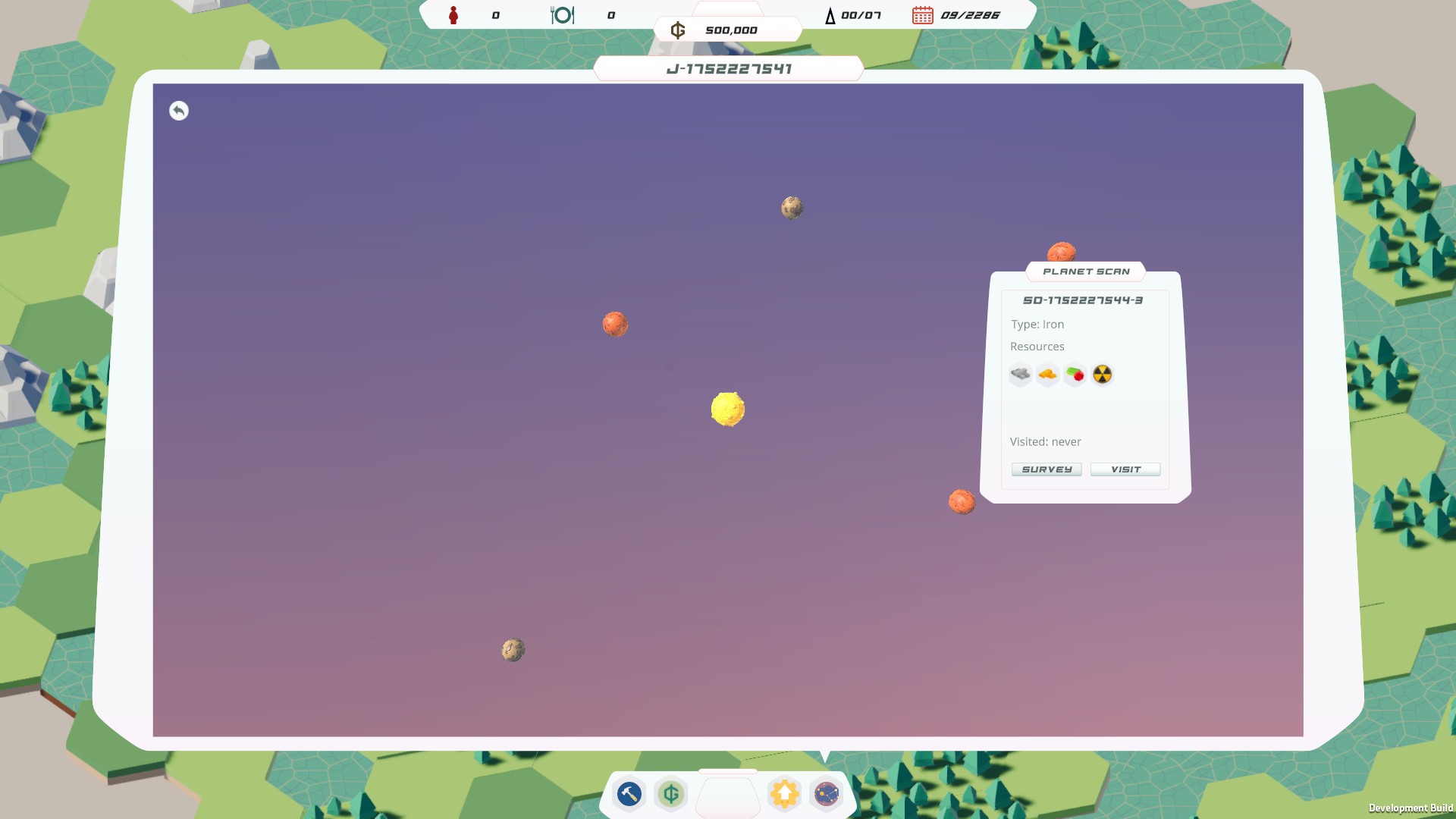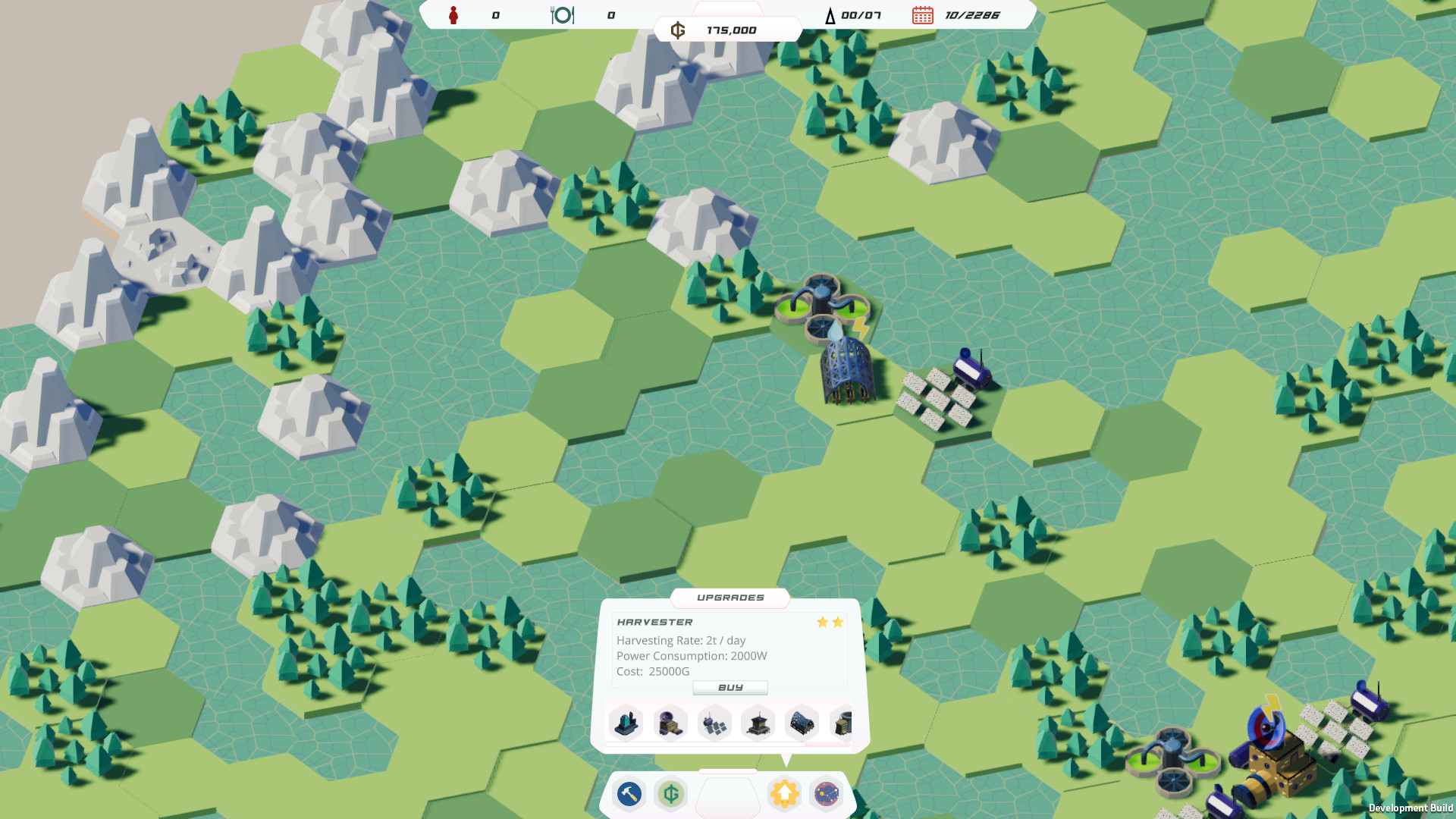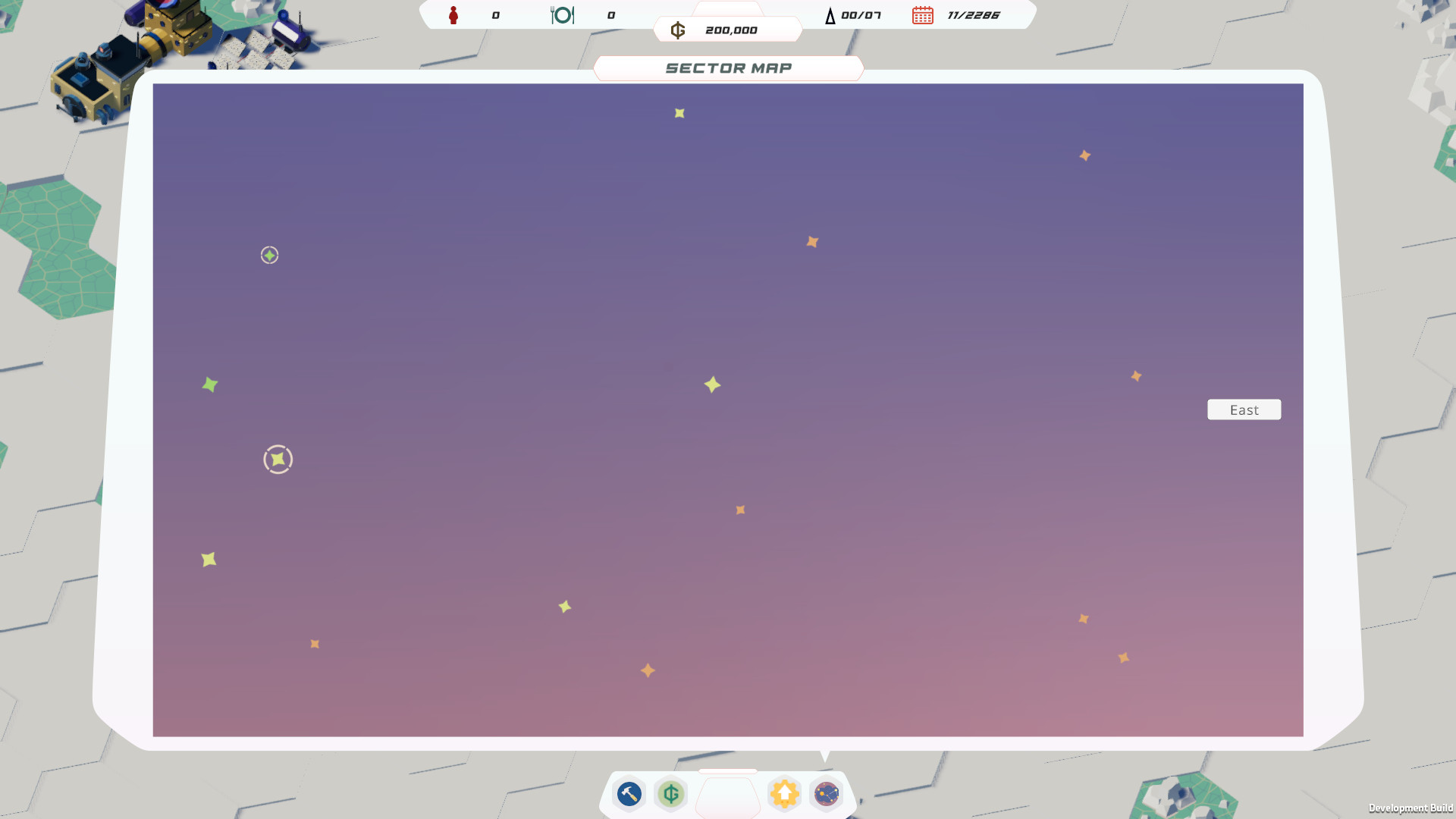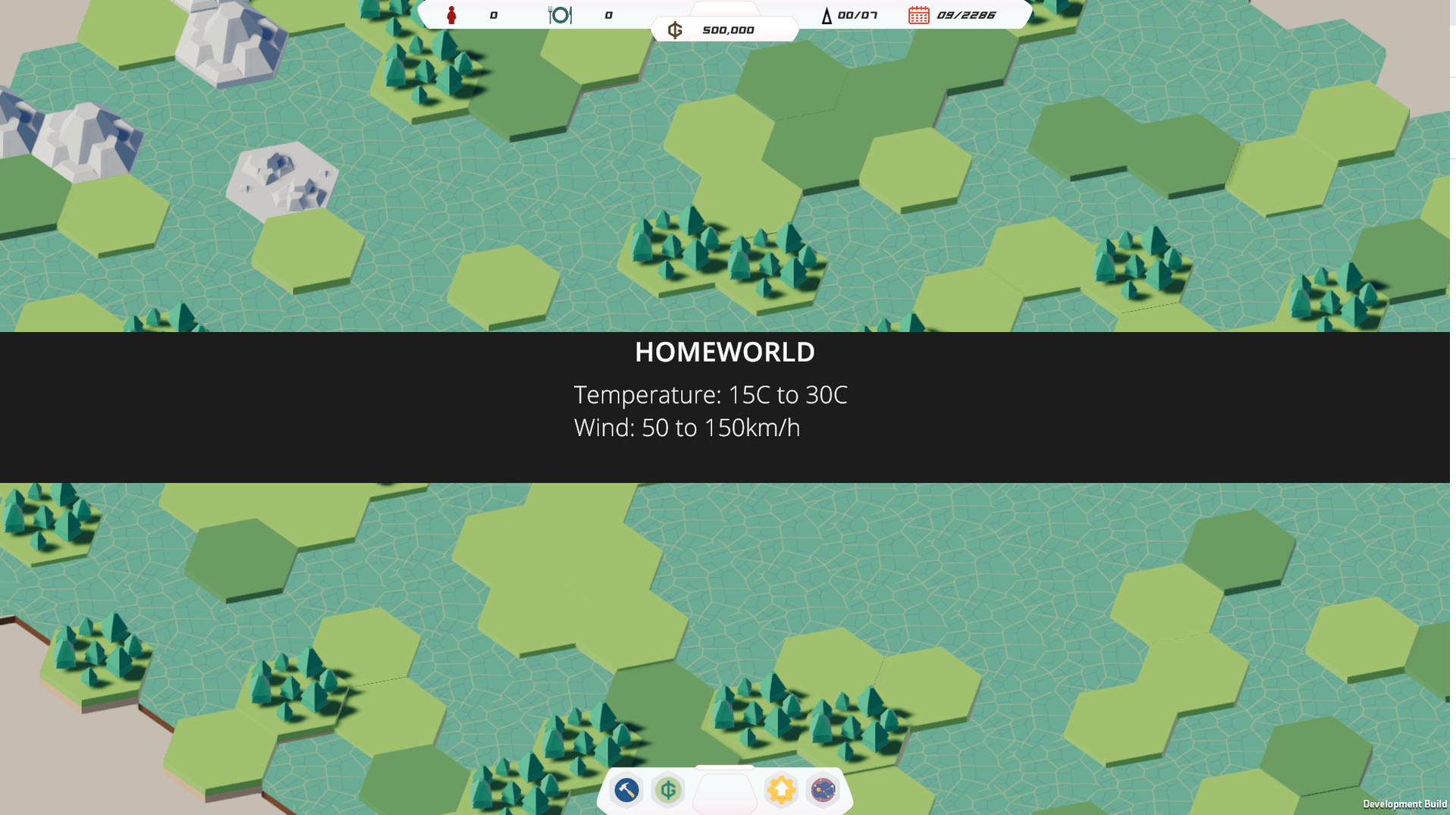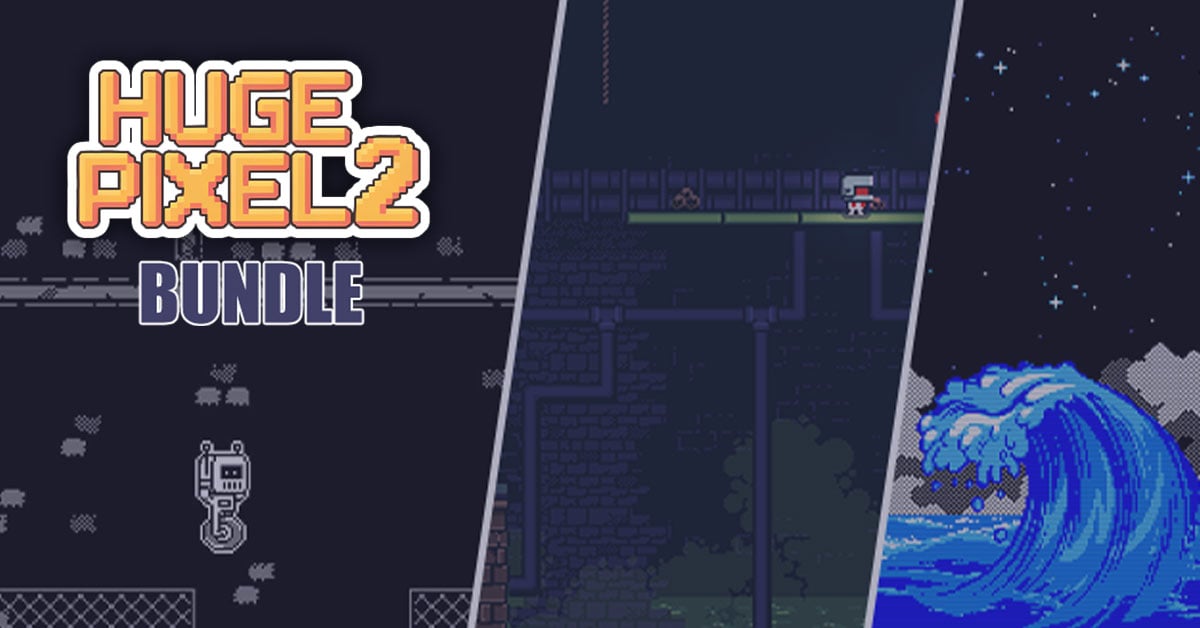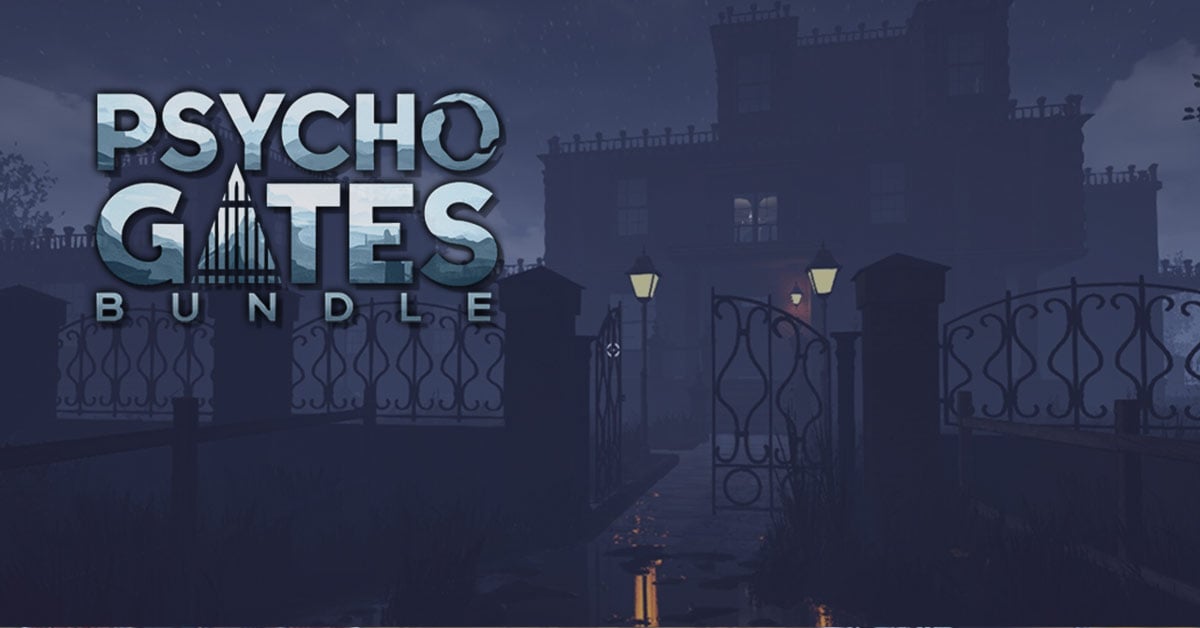
Signals is space exploration adventure set in a procedurally generated galaxy. Traverse hundreds of planets, collect resources, upgrade your fleet in the quest to follow the signals as an AI in charge of a fleet of autonomous ships.
You lead the search funded by the ALAN Corporation who wants to use the opportunity to spread its arms across the galaxy.
Manage your autonomous harvesting fleet and take care of their power needs on planet surfaces, build trading outposts throughout the galaxy, and upgrade your buildings for better efficiency and faster harvesting.
You lead the search funded by the ALAN Corporation who wants to use the opportunity to spread its arms across the galaxy.
Trade and spread
Set up a trade network to harvest the resources of the galaxy and finance your way forward. Maintain a positive cash flow and cover your upkeep costs so your progress doesn’t stall.Manage your autonomous harvesting fleet and take care of their power needs on planet surfaces, build trading outposts throughout the galaxy, and upgrade your buildings for better efficiency and faster harvesting.
Fire and forget
Get instant satisfaction! All your actions depend only on the cash and power you have available – no waiting for builders or bots here. Plan your route using notes and tags on planets.Find your way
Play a campaign mode that will have you tracking a mysterious signal through the galaxy. Or keep it fresh in run mode where the procedural generation offers a different galaxy to explore and conquer each time. Keep track of your overall stats across runs, customize the size and amount of resources, and share galaxies with your friends and the community to compare scores and strategies.
Devlog #2 - From idea to game
The original idea came about in late-February 2021, lightning struck while watching one of my favourite movies, 2001: A Space Odyssey.
"Ever wanted to be HAL9000?", the game would set the player in the role of an AI system onboard a ship sent on a mission with a crew. On this mission your aim would have been to deliver a payload and your crew in as good a state as possible.
With that in mind a week or so was spent on information gathering: NASA website, ESA, research papers, ... The question was: what does it take to keep people alive in space, a whole lot is what.
The output was a rough sketch of what modules a ship would be made of, their needs and output.

A quick prototype was built using Monogame as a simple command line interface to route power and resources to modules in a ship.
After a few days working on it however, it became clear that it would be hard for me to get a game out of this, someone else probably could but no fire was lit in me so that was the end of that version.
Two things kept tickling my curiosity however, having a ship and crew traversing the galaxy, and managing resources to further the push in the galaxy.

Armed with a deck of cards, some D20 (actually life counters from Magic: The Gathering), and a white board we spent an afternoon iterating over the idea until we settled on a version we had some fun with.
In this version the ship took a backseat and the crew became the center of the game. Each mission across interstellar space would see events happen that would test the crew, potentially incapacitating them or killing them which could mean the ship would be lost. Money to upgrade the ship could be generated by "settling" in star systems.
As an aside, paper prototyping is something I highly recommend, it's fun and a cheap way to test things out. A regular deck of cards, some dice, pen, paper and onwards you go.
I ported the paper prototype in Unity, which resulted in a small game that looked like this:

We played with it some, tweaked values, and explored an event system that would be the spice of the gameplay loop. On the design side we started exploring UI concept to frame this game:
While we really liked some of the aspects of this prototype we felt it lacked direction and wanted to be something we weren't quite sure how to execute.
At that point we took a few weeks break from the idea. Also Path of Exile's new league was starting so that was my life gone for a bit.
Starflight you say?
This Path of Exile interlude was not wasted as the long grinding sessions were a perfect opportunity to consume tons of content: GDC talks, podcasts, audiobooks and movies. The intent was to try to spark something.
That's when I stumbled up an old Amiga game: Starflight[1] . Instantly I saw some overlap with our last prototype, except it was better.
A copy of the game, and its sequel, was acquired on GOG[2] and we spent a few days exploring these two games.
Ideas were bubbling to the surface yet again, we dedicated hours to talk design and possibilities which ended with a concept that saw Starflight re-imagined as a roguelike (shades of Everspace[3] as well).
The first concrete version and plan was put together at that point:

I would spend most of April and a chunk of May working on an alpha-build of this concept.
We allocated a week to play that build with a friend joining in the testing phase[4] .
The feedback was positive but there were some issues that bothered me. I didn't like the way the game flowed in general, too much jumping from screen to screen. In hindsight that was probably a side effect of taking inspiration from an Amiga game.
The other issue was that I still felt the game lacked identity, it didn't know what it wanted to be. The roguelike aspect was alright but the stakes during runs were lacking, so the loop felt a bit flat. One aspect took very well however: roaming the planet's surfaces in search of resources to harvest.
We were now 2 months into what we wanted to be a 6 months development cycle. With the issues highlighted we needed to make a decision: expand the timeline or pivot again. We opted for the latter, mostly because our aim is to learn and keeping to our deadline was the best way we would learn how to get a game out there.
The objective was to keep it simple so we could deliver. We took the one part about playtesting that connected well with everyone who tried it: harvesting surfaces for resources, and made that the centerpiece of the game.
For lore framing we took a page from 2001: A Space Odyssey and added "monolith" -Signals- to research as the main reason why the player is sent throughout the galaxy.
The game became a casual city-builder where the player spends most of its time on planet surfaces building harvesting farms and the infrastructure required to research the signals. A lot of the building blocks from the previous phase were kept, with a focus on making the experience of harvesting resources the center of the player's interaction with the game, while making the galaxy traversing a secondary aspect.
In future devlogs we'll touch more on some of the things we talked about here, why Unity (and not Monogame, or something else), UI design for the game, and next week Kathryn will take the helm and talk about the Signals logo and how she went about designing it with my awful sketch as a source.
Have a lovely weekend, stay safe and see you next week!
Hello everyone,
This week for devlog #2 we'll be talking about how Signals came to be, early ideas, prototypes, terrible sketches and other artifacts.
In the beginning there was 2001
The original idea came about in late-February 2021, lightning struck while watching one of my favourite movies, 2001: A Space Odyssey.
"Ever wanted to be HAL9000?", the game would set the player in the role of an AI system onboard a ship sent on a mission with a crew. On this mission your aim would have been to deliver a payload and your crew in as good a state as possible.
With that in mind a week or so was spent on information gathering: NASA website, ESA, research papers, ... The question was: what does it take to keep people alive in space, a whole lot is what.
The output was a rough sketch of what modules a ship would be made of, their needs and output.

A quick prototype was built using Monogame as a simple command line interface to route power and resources to modules in a ship.
After a few days working on it however, it became clear that it would be hard for me to get a game out of this, someone else probably could but no fire was lit in me so that was the end of that version.
Into the stars
Two things kept tickling my curiosity however, having a ship and crew traversing the galaxy, and managing resources to further the push in the galaxy.

Armed with a deck of cards, some D20 (actually life counters from Magic: The Gathering), and a white board we spent an afternoon iterating over the idea until we settled on a version we had some fun with.
In this version the ship took a backseat and the crew became the center of the game. Each mission across interstellar space would see events happen that would test the crew, potentially incapacitating them or killing them which could mean the ship would be lost. Money to upgrade the ship could be generated by "settling" in star systems.
As an aside, paper prototyping is something I highly recommend, it's fun and a cheap way to test things out. A regular deck of cards, some dice, pen, paper and onwards you go.
I ported the paper prototype in Unity, which resulted in a small game that looked like this:

We played with it some, tweaked values, and explored an event system that would be the spice of the gameplay loop. On the design side we started exploring UI concept to frame this game:
While we really liked some of the aspects of this prototype we felt it lacked direction and wanted to be something we weren't quite sure how to execute.
At that point we took a few weeks break from the idea. Also Path of Exile's new league was starting so that was my life gone for a bit.
Starflight you say?
This Path of Exile interlude was not wasted as the long grinding sessions were a perfect opportunity to consume tons of content: GDC talks, podcasts, audiobooks and movies. The intent was to try to spark something.
That's when I stumbled up an old Amiga game: Starflight[1] . Instantly I saw some overlap with our last prototype, except it was better.
A copy of the game, and its sequel, was acquired on GOG[2] and we spent a few days exploring these two games.
Ideas were bubbling to the surface yet again, we dedicated hours to talk design and possibilities which ended with a concept that saw Starflight re-imagined as a roguelike (shades of Everspace[3] as well).
The first concrete version and plan was put together at that point:

I would spend most of April and a chunk of May working on an alpha-build of this concept.
We allocated a week to play that build with a friend joining in the testing phase[4] .
The feedback was positive but there were some issues that bothered me. I didn't like the way the game flowed in general, too much jumping from screen to screen. In hindsight that was probably a side effect of taking inspiration from an Amiga game.
The other issue was that I still felt the game lacked identity, it didn't know what it wanted to be. The roguelike aspect was alright but the stakes during runs were lacking, so the loop felt a bit flat. One aspect took very well however: roaming the planet's surfaces in search of resources to harvest.
Signals
We were now 2 months into what we wanted to be a 6 months development cycle. With the issues highlighted we needed to make a decision: expand the timeline or pivot again. We opted for the latter, mostly because our aim is to learn and keeping to our deadline was the best way we would learn how to get a game out there.
The objective was to keep it simple so we could deliver. We took the one part about playtesting that connected well with everyone who tried it: harvesting surfaces for resources, and made that the centerpiece of the game.
For lore framing we took a page from 2001: A Space Odyssey and added "monolith" -Signals- to research as the main reason why the player is sent throughout the galaxy.
The game became a casual city-builder where the player spends most of its time on planet surfaces building harvesting farms and the infrastructure required to research the signals. A lot of the building blocks from the previous phase were kept, with a focus on making the experience of harvesting resources the center of the player's interaction with the game, while making the galaxy traversing a secondary aspect.
In future devlogs we'll touch more on some of the things we talked about here, why Unity (and not Monogame, or something else), UI design for the game, and next week Kathryn will take the helm and talk about the Signals logo and how she went about designing it with my awful sketch as a source.
Have a lovely weekend, stay safe and see you next week!
[ 2021-07-17 14:59:29 CET ] [Original Post]
Minimum Setup
- Memory: 4 GB RAM
- Graphics: GeForce 7xx series or equivalent
- Storage: 1 GB available space
Recommended Setup
- Graphics: GeForce 7xx series or equivalent
- Storage: 1 GB available space
GAMEBILLET
[ 6377 ]
FANATICAL
[ 5868 ]
GAMERSGATE
[ 750 ]
MacGameStore
[ 1993 ]
INDIEGALA
[ 415 ]
FANATICAL BUNDLES
GMG BUNDLES
HUMBLE BUNDLES
INDIEGALA BUNDLES
by buying games/dlcs from affiliate links you are supporting tuxDB

